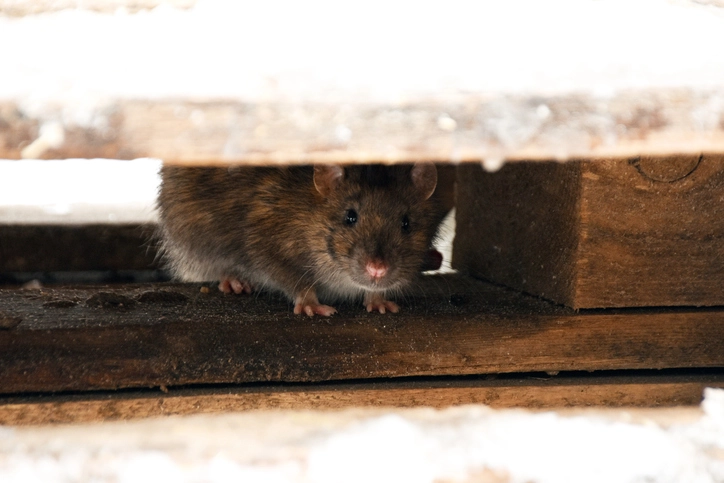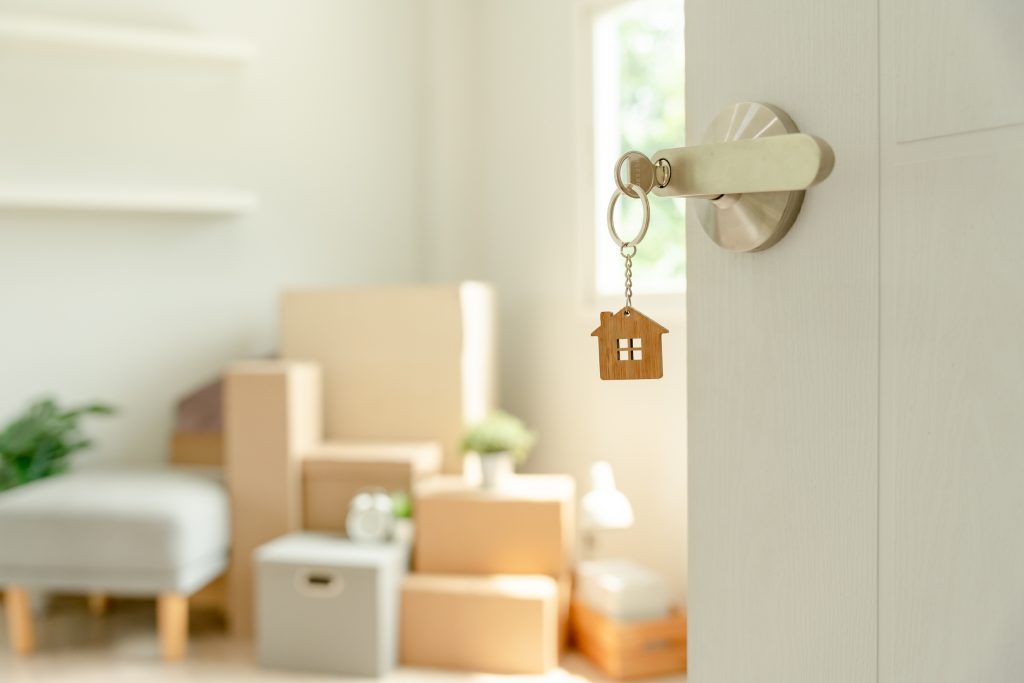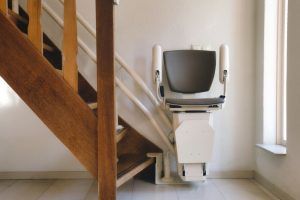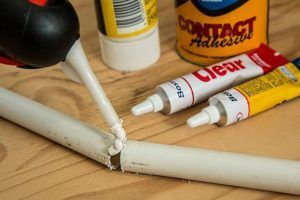In this guide, we’ll cover what steps to take if you’re dealing with a rat problem in your home, and how to avoid rodents infesting your property again.
There’s nothing that will make your stomach drop like seeing a grey body with a long long scamper across your kitchen floor and realising your sanctuary has been infested with…rats!
Although it’s unpleasant to think about rodents running about your home, it’s important to take a measured approach to dealing with the problem. Remember, killing a rat might get rid of the one you’ve spotted – but it isn’t going to address a wider rat problem.
What’s more, lethal traps simply aren’t humane. Poisons can pose a danger to the individuals in your household (especially if you live with children or pets), and many lethal rat traps such as glue traps are cruel.
Can Rats Damage My Home?
Yes, rats can cause a significant (and surprising) amount of damage to your home. They can:
- Chew through electrical wires, causing a potential fire risk
- Damage furniture, books, and soft furnishings
- Cause structural damage to wood, insulation, drywall, and other materials in the walls/floor of your home
- Damage appliance lines by nesting below or even in your appliances
Does Home Insurance Cover Damage Caused by Rats?
Most home insurance policies will not cover you for removing rat or rodent infestations, or for damage caused by pests. It is a good idea to check with your home insurance provider directly, however.
Signs of a Rat Infestation
If you think you are dealing with a rat problem but aren’t completely sure yet, a few telltale signs to look out for include:
- Droppings along the walls or corners of your home
- Damage to your walls, electrical wires, furniture, or food that’s been left out
- Sounds coming from within your walls as they move through your home
Why Are Rats A Problem?
Some people shudder at the mere thought of seeing a rat in their home. Others may not be phased at seeing one of the creations making a run through their kitchen.
Aside from the damage rats can cause to your home listed above, however, they can also pose certain health risks. Rats will leave droppings and urine throughout your home and may break into food that is not stored well. This significantly increases your risk of exposure to diseases and potentially illnesses, so you should take every step you can to discourage undomesticated rats from sharing your home with you.
Below, we’ve covered how to humanely deal with a rat problem in your home.
Seal Any Gaps in Your Home
Rats can squeeze through a surprisingly small hole in the wall, so it’s important to take care to seal up any gaps you see in your interior or exterior walls.
This simple step can be extremely effective in keeping the rats out of your home once and for all, as it’s unlikely they’ve set up a nest inside the walls of your home. Rats are accomplished chewers, especially wires. Protect exposed wiring around your house using trunking and, if possible, keep your car in a secure location where rats aren’t going to crawl up into the engine and chew your brake system to shreds.
Cover your vents with wire mesh or heavy-gauge screening so that they don’t tempt the tricky little critters.

Inspect Your Home
However, if you’ve spotted a rat (or several) in your home, it’s a good idea to fully inspect your home for evidence of the creatures. Ideally, you’ll be able to identify exactly where they are entering and exiting your home so you can deal with the problem easier.
Likely access points include vents, drains, and appliance lines in your kitchen. However, holes in the wall, gaps in your garage door, rats coming in and out under the floorboards, and damaged areas could also be likely culprits.
Keep Your Home Clean & Tidy
Rats don’t like being out in the open, so will be drawn to homes with lots of clutter for them to hide in. Even better is a home with crumbs for them to snack on or with food left out in the open.
Give your home a tidy and eliminate places where the rats could easily hide. Take care to take out your rubbish regularly and clean up any spills and crumbs to reduce the chance of rats seeing your home as an attractive place to visit.
Store Your Food Correctly
Rats will go where the food is, so make sure that you don’t leave any scraps or waste lying around where they are easy pickings for rodents. Store all food in secure containers – really secure. Rats have been known to chew through tough plastic so consider using tins or glass containers instead.
Ensure that your larder or pantry is secure and that there are no cracks or holes in the wall that little claws can leverage. Even a one-inch gap is enough for a rat to gain entry.
Don’t feed your pets outside and if you do, don’t leave their food lying around after meal times. Also don’t leave their food near open doors, as this is an open invitation.
Never leave any rubbish lying around, not only does it make good food, but it makes for good nesting, or at least nesting material.
Natural Deterrents
If rats still manage to circumvent even your best-laid plans, there are some humane options available.You can always try some “home remedies” to prevent a rat problem from developing. A few natural options that seem to be particularly effective include:
- Peppermint appears to be quite a popular ingredient in rat-prevention. Sprinkle peppermint tea or oil on your rubbish, keep a cloth of it in your pantry or place peppermint-soaked cotton wool behind plug sockets to keep away rats and mice.
- An apple cider vinegar and water mixture sprinkled around your house is said to keep rats and mice away.
- Ultrasonic devices fall under this category because they work wonders for some people and do absolutely nothing for others. They might be worth a shot, however, before you resort to any drastic action.
Can you claim for rodent damage on your home insurance?
Most home insurance policies will not include rodent damage or rat damage within your policy. Insurers will expect you to keep your home generally well-maintained and hygienic, so they generally won’t cover you for any repairs caused by vermin or for the removal of a rat infestation. If you notice the signs of rats in your home, it’s best to deal with them sooner rather than later before you’ve got two problems: rats, and expensive repairs to deal with.








